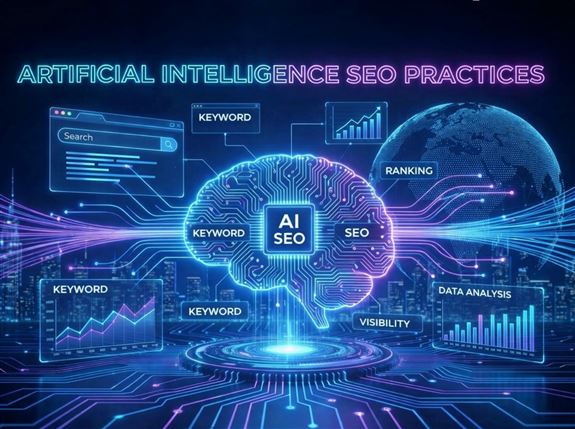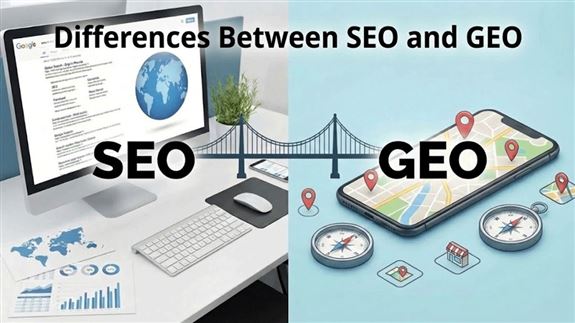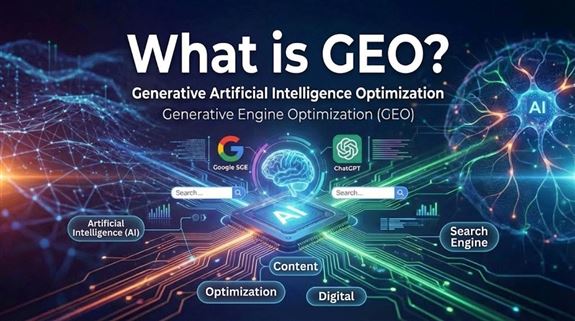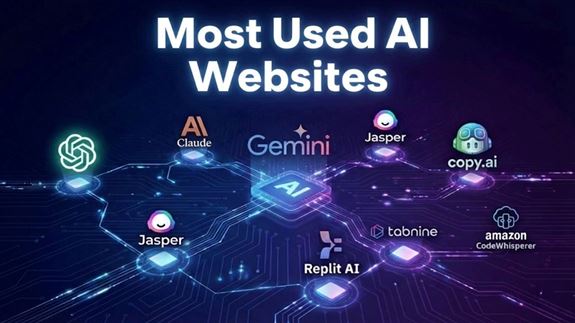Semantics is the branch of linguistics that examines the meaning of a word, sentence, or expression. In other words, it is concerned not only with how words are written or spoken, but with what they mean. This concept has an important place in both linguistics and artificial intelligence, because correctly interpreting meaning forms the basis of communication.
In everyday language, semantics helps us understand the real meaning or intention behind an expression. For example, even if the words used in a sentence are the same, the meaning can change when the tone or context changes. At this point, semantic analysis makes it possible to understand the deep structure of language and supports the process of accurate interpretation.
In the world of technology and digital marketing, semantics also plays a major role, especially in how search engines interpret user intent. Search engines now focus not only on words, but also on the context of those words. In this way, users are presented with more accurate results, and the value of content is determined not only by keywords, but also by the meaning it carries.
Semantics in Search Engines
In search engines, semantics is a system that focuses on understanding what users are trying to say beyond the words they type. Today’s search algorithms no longer analyze just the words themselves, but also their context and semantic relationships. This allows users to reach the information they are looking for much more accurately and quickly. This approach makes the search experience more natural and human-like.
The semantic structure enables search engines to interpret words not individually, but within a holistic framework of meaning. Understanding the intent behind a query results in a more accurate match with content. For example, when a user searches for “best coffee machine,” the system not only reads these words, but also detects the user’s purchase intent or desire to compare products. This increases the quality of the results and offers a more satisfying experience.
From an SEO perspective, the semantic approach offers great advantages for content creators. It is no longer just keyword density that matters, but also the semantic relationships between words. When search engines truly understand what a piece of content is about, pages gain stronger visibility. For this reason, building a content strategy based on semantics is one of the most effective steps for digital success.
Examples of Semantic Words
Semantic words are words that have a direct or indirect meaning relationship with a given topic. These words help search engines understand content more accurately. For example, if a text is about “digital marketing,” concepts such as “advertising,” “SEO,” and “brand awareness” are semantically related words for that text. This approach plays an important role both in meeting user search intent and in helping content rank higher in search results.
Examples of Semantic Words:
- Digital marketing: SEO, social media, content creation, campaign, target audience
- Education: school, teacher, student, lesson, exam
- Technology: software, artificial intelligence, hardware, internet, data
- Health: nutrition, exercise, doctor, treatment, lifestyle
- Fashion: style, trend, design, collection, fabric
- Finance: investment, economy, interest, stock market, budget
Semantic words help search engines better understand what a piece of content is about. This adds value not only to keyword density, but also to the overall coherence of meaning in the text. Content created with the right semantic words improves the user experience and connects the content with its target audience more effectively.
The Importance of Semantic Structures Today
Today, semantic structures are one of the most important elements of the meaning-centered transformation of the digital world. Information is no longer evaluated solely through words, but through the meaning relationships these words establish with one another. This approach enables users to reach the content they are looking for more quickly and allows search engines to interpret information more deeply.
In areas such as digital marketing, artificial intelligence, data analytics, and content production, semantic structures provide major advantages. Content is evaluated not just by surface-level keywords, but by the holistic meaning of the topic. This increases the digital visibility of brands and strengthens the user experience.
The advanced algorithms of search engines focus on interpreting user intent by placing semantic structures at the center. Every word is now evaluated within a specific context. In this way, information pollution is reduced, and users reach more accurate and reliable results. This creates a more meaningful competitive environment for content creators.
Looking to the future, it is clear that semantic-based systems will form the foundation of digital communication. When the meaning of information is correctly interpreted, more effective interaction is established between both humans and machines. Therefore, placing semantic thinking at the heart of digital strategies is no longer a choice, but a necessity.
Why Is Semantic Structure Important in SEO?
In SEO, semantic structure ensures that search engines evaluate content not only on a word-by-word basis, but within a coherent framework of meaning. This approach helps to understand user intent more accurately and increases the visibility of content. Search engines now care not only about keywords, but also about their context, related concepts, and depth of meaning. This allows high-quality content to stand out and creates a major advantage for brands.
Key Points Where Semantic Structure Is Important in SEO:
- Search engines crawl content based on meaning and present results that match user intent.
- Enriching content with topic-related words increases ranking performance.
- Texts with strong semantic coherence boost user engagement and time spent on the page.
- AI-powered algorithms place semantic structures at the center and perform more accurate analyses.
- Brands gain authority and differentiate from competitors with semantic-based content.
Today, the success of SEO strategies is based on meaning-centered content planning. Semantic structure is the most effective way to accurately convey the value of content to search engines. For this reason, every piece of content should be planned with attention not only to the words, but also to the meaning those words convey.
How Can You Tell If Semantic Structure Is Used in Content?
Whether a piece of content has a semantic structure can be understood from the meaning relationships and coherence of the words used. If a text includes not only keywords but also concepts that support the topic, it can be considered semantically strong. In such content, each sentence forms a chain of meaning that nourishes the main idea.
Semantic structures help readers find the information they are looking for more clearly. The terms and contextual expressions used within the content explain different aspects of the topic and add depth. In this way, the text not only provides information, but also creates a meaningful experience for the reader.
Search engines easily recognize texts that contain semantic structure. This is because such content follows a natural flow of language and is consistent in terms of meaning. The system analyzes the connections between words and understands what the content is truly about. This provides an advantage in rankings.
The most obvious indicator of semantic structure in a text is lexical diversity. Instead of repeating the same words over and over, different concepts related to the topic are used. This method increases the richness of the text and makes it more valuable for both readers and search engines.
In summary, texts that incorporate semantic structure stand out through their coherence of meaning. Such content is more compelling not only for algorithms, but also for people. A meaning-based approach forms the foundation of content that makes a difference in the digital world.



























Do Comment